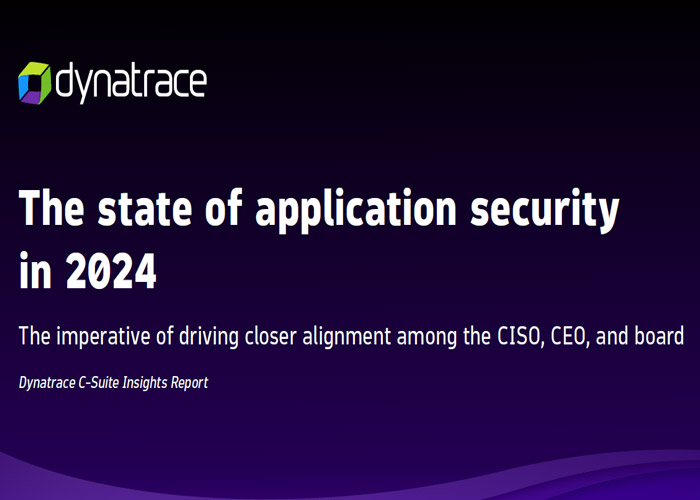Decision support systems: Drive better decision-making with data
Decision support systems vs. business intelligence
DSS and business intelligence (BI) are often conflated. Some experts consider BI a successor to DSS.

Decision support systems vs. business intelligence
DSS and business intelligence (BI) are often conflated. Some experts consider BI a successor to DSS. Decision support systems are generally recognized as one element of business intelligence systems, along with data warehousing and data mining.
Whereas BI is a broad category of applications, services, and technologies for gathering, storing, analyzing, and accessing data for decision-making, DSS applications tend to be purpose-built for specific decisions. For example, a business DSS might help a company project its revenue over a set period by analyzing past product sales data and current variables. Healthcare providers use clinical decision support systems to make the clinical workflow more efficient: computerized alerts and reminders to care providers, clinical guidelines, condition-specific order sets, and so on.
DSS vs. decision intelligence
Decision intelligence seeks to update and reinvent decision support systems with a sophisticated mix of tools, including artificial intelligence (AI) and machine learning (ML), to help automate decision-making. According to research firm Gartner, the goal of decision intelligence is to design, model, align, execute, monitor, and tune decision models and processes.
Types of decision support system
In the book Decision Support Systems: Concepts and Resources for Managers, Daniel J. Power, professor of management information systems at the University of Northern Iowa, breaks down decision support systems into five categories based on their primary sources of information.
Data-driven DSS. These systems include file drawer and management reporting systems, executive information systems, and geographic information systems (GIS). They emphasize access to and manipulation of large databases of structured data, often a time-series of internal company data and sometimes external data.
Model-driven DSS. These DSS include systems that use accounting and financial models, representational models, and optimization models. They emphasize access to and manipulation of a model. They generally leverage simple statistical and analytical tools, but Power notes that some OLAP systems that allow complex analysis of data may be classified as hybrid DSS systems. Model-driven DSS use data and parameters provided by decision-makers, but Power notes they are usually not data-intensive.







